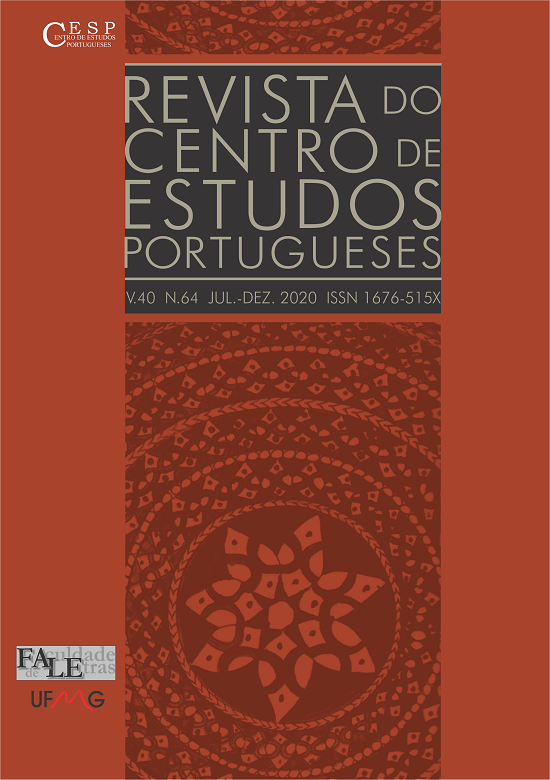“Não quero a glória que vem fria, quero agora”: a negação da posteridade em Hilda Hilst / “I Don’t Want the Cold Glory; I Want It Now”: The Denial of Posterity in Hilda Hilst
DOI:
https://doi.org/10.17851/2359-0076.40.64.57-71Schlagwörter:
Hilda Hilst, Obra, Posteridade, Literatura Brasileira Contemporânea, Literary Work, Posterity, Contemporary Brazilian Literature.Abstract
Resumo: O artigo discute a opinião de Hilda Hilst sobre leitor, obra e posteridade recorrendo às entrevistas concedidas pela autora ao longo de sua trajetória literária e reunidas por Diniz (2013), bem como à biografia escrita por Folgueira e Destri (2018). Tendo frequentemente se queixado de não possuir leitores, de sua obra ser inédita ao público, de ser mal distribuída por seus editores e acusada de hermética, Hilda Hilst não interrompeu sua produção que se estendeu desde a publicação do primeiro livro, em 1950, até apresentar sua despedida do sagrado ofício da escrita com o último de textos inéditos, em 1997. De posse das informações disponibilizadas tanto nas entrevistas quanto na biografia mencionadas, torna-se evidente o entendimento de que havia uma preocupação por parte da poeta paulista, ainda que se tenha negado sucessivamente a “descobrir” quem era o seu leitor, de que sua obra fosse conhecida, reconhecida, objeto de estudo e se mantivesse em cena mesmo após a sua morte, fatos para os quais a compra de parte de seus arquivos pelo Centro de Documentação Cultural Alexandre Eulálio, da UNICAMP, o projeto da editora Globo de publicar a obra completa e a organização do Instituto Hilda Hilst contribuíram significativamente, além de ter sido homenageada na Festa Literária Internacional de Paraty (FLIP), em 2018, reascendendo-se, mais uma vez, o interesse pela autora e sua obra. E disto se concluir que, mesmo fria, a glória póstuma se estende sobre sua obra, pois não foi necessário que meio século transcorresse, é no hoje da posteridade negada que os louros são colhidos em memória a essa estrangeira na própria terra.
Palavras-chave: Hilda Hilst; Obra; Posteridade; Literatura Brasileira Contemporânea.
Abstract: The paper presents Hilda Hilst’s opinion about the reader, her work and posterity through interviews she gave, collected by Diniz (2013), as well as her biography written by Folgueira and Destri (2018). Even Hilst often complained of her few readers, that her work was barely known by the public, not well distributed to sell by the publishers, and also called hermetic, she never stopped of writing for these reasons, since her first book, from 1950, until her last one, in the late 1990s. Considering all this information, it becomes clear the understanding that the paulista writer was really concerned, even though she denied several times, in discovering who was her reader, that her work was known, acknowledged, studied and could be there after her death, and the buying of her personal papers by the Centro de Documentação Cultural Alexandre Eulálio (UNICAMP), the Globo publisher’s project of reprinting her complete work, and the beginning of the activities of the Instituto Hilda Hilst immensely contributed, besides Hilda Hilst had been honored in the 16th Festa Literária Internacional de Paraty (FLIP), in 2018, risen again interesting by the writer and her work. From this, it is possible to conclude that even cold, the posthumous glory is spreading its wings above Hilda Hilst’s work, and won’t be necessary that half of a century goes by, it is right now that the denied posterity is resting on her laurels in honor to the memory of that stranger in her own country.
Keywords: Hilda Hilst; Literary Work; Posterity; Contemporary Brazilian Literature.










